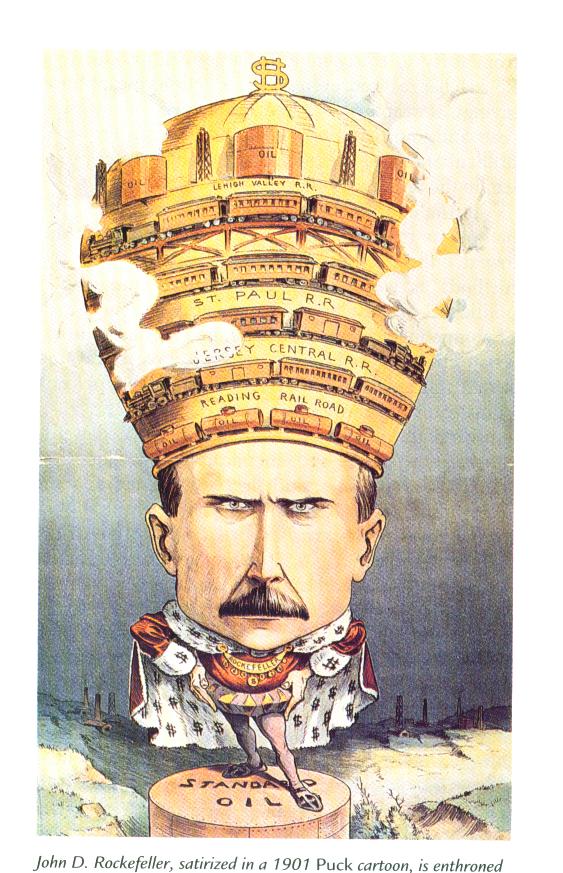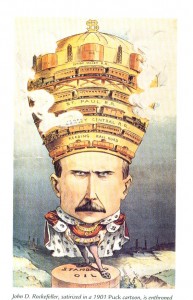Is USDA Organic Certifiably Insane?
I saw a very brief and hurried post from ERV on ScienceBlogs. In it, she noted that organic farmers let their animals die from treatable diseases, because to do otherwise would deny them the valuable 'organic' label. WTF? In Europe, organic livestock MUST be treated humanely, and may receive therapeutic medication (including antibiotics) - to do otherwise is a complete denial of everything science and medicine has learned in the past three hundred years. But, apparently, that's what Organic means in the US! As ERV says
'Organic' farmers? All concerned about their free-range, cage-free, at harmony with the Mother Goddess animals? They let their fucking animals die from treatable diseases, because if they treat them with even one dose of antibiotics, the animals are no longer 'organic'.She quotes Ronnie Cummins, National Director of the Organic Consumers Association

Allowing one-time therapeutic antibiotics is "a slippery slope", and would "undermine consumer confidence in organics. It's the same position [I have] as on human vaccines. They are dangerous, and that's why I didn't vaccinate my kid."Never mind the epic FAIL in Ronnie Cummin's statement about the dangers of vaccines - that woo is worthy of a post all by itself! The issue is that animals are allowed to die, often painfully, from completely preventable and treatable diseases. Why is this so? ERV linked to her source (this article at the blog "In These Times"). According to that article,
Department of Agriculture (USDA) regulations defining organic standards mandate that if [a] calf had gotten one dose of antibiotics, even to save her life, she could never give organic milk—even after the two years it takes for her to become a milker, and even though neither she nor her milk would retain any trace of antibiotics.So why would the USDA have such nonsensical standards for 'organic'?


